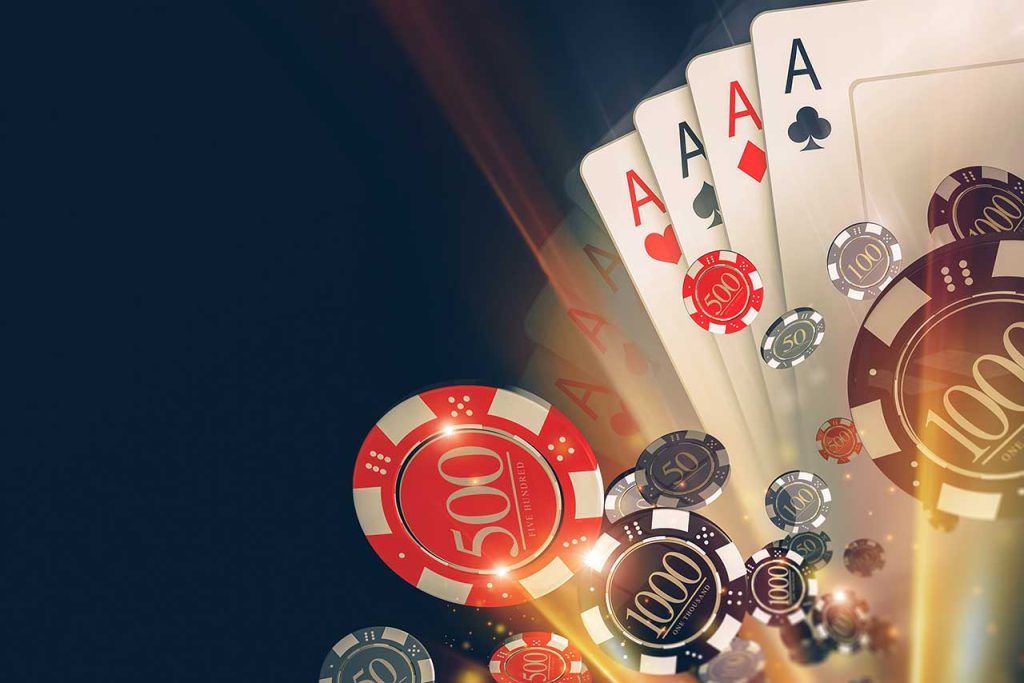Roulette Strategies That Actually Improve Your Chances
Roulette has captivated gamblers for centuries. Though it’s fundamentally a game of chance, smart strategy and discipline can slightly improve your odds and keep your bankroll intact. The key lies in understanding probability, managing risk, and choosing bets that align with your goals. No system guarantees profit, but some approaches can definitely make you a stronger, longer-lasting player.
Understanding the Game
Each spin of the roulette wheel is independent. Past outcomes have no effect on future results, no matter how convincing streaks might appear. The European wheel has 37 pockets (1–36 and a single zero), while the American version adds a double zero, increasing the house edge from 2.7% to 5.26%. This difference alone makes the European version far more favorable to players.
If possible, choose the French variation, which includes “La Partage” or “En Prison” rules. These refund or hold half of your even-money bets when zero hits, nearly cutting the house edge in half on those wagers. Before betting, ensure the wheel or live stream is functioning fairly—minor biases can occasionally favor certain sections over time.

Focus on Outside Bets
Outside bets—Red/Black, Odd/Even, High/Low—cover nearly half the wheel and pay even money. They’re ideal for consistent, lower-risk play. Though winnings are smaller, they come more regularly, helping you extend your session and absorb short losing streaks.
Some players track patterns like color streaks or alternating trends. While these don’t influence actual outcomes, they can guide psychological discipline. Instead of betting impulsively, you create a structured rhythm that prevents random wagering.
Progressive Betting Systems
Progression systems organize how you adjust bets after wins or losses. None remove the house edge, but they add structure and control.
Martingale: You double your bet after every loss on even-money wagers. One win recovers all prior losses and yields a small profit. The danger is running out of money—or hitting the table limit—before that win comes. It works only in short sessions with a modest goal and a healthy bankroll.
Fibonacci: This uses the famous numerical sequence (1, 1, 2, 3, 5, 8…). After each loss, move one step forward; after a win, move back two. This slower progression limits risk compared to Martingale but still allows gradual recovery.
Labouchere: You create a sequence representing your profit goal (like 1-2-3). Bet the sum of the first and last numbers. After a win, cross them out; after a loss, add the lost amount to the end of the sequence. It requires tracking, but it spreads risk over multiple small bets.
Used responsibly, these systems prevent emotional over-betting. The key is discipline—stop when limits are reached rather than chasing recovery endlessly.
Flat Betting: Consistency Over Emotion
Many experienced players prefer flat betting, wagering the same amount on every spin regardless of results. This steady approach prevents emotional swings and provides a clear picture of your performance. While it won’t multiply profits quickly, it minimizes losses and maintains stability.
Flat betting is particularly useful for beginners testing strategies or identifying favorable trends. It’s also psychologically freeing—you remove the anxiety of chasing losses and can focus purely on observation and timing.
Sector Betting and Dealer Patterns
In live roulette, some players study dealer signatures—subtle consistencies in how the dealer spins the ball and wheel. Over hundreds of spins, these habits may lead to certain sectors being hit slightly more often. By observing spin strength and ball release, a player can narrow their focus to a “hot zone.”
Though modern wheels and trained dealers make this less reliable, occasional predictability can appear, especially in long sessions. Online RNG versions, however, make this impossible. Still, learning to identify repeating patterns can add an extra layer of engagement and strategy.

Mixing Bets for Balanced Play
Instead of betting solely inside or outside, you can combine both for balance. For example, place a moderate wager on Red while covering a few numbers within that color’s section. This approach offers small, steady returns alongside the potential for higher-payout hits.
The key is proportion—your inside bets should be smaller than your outside bet. This ensures sustainability while keeping the game interesting. Avoid spreading too thin across too many numbers, as this dilutes potential profit and complicates tracking.
Smart Bankroll Management
Bankroll control is the backbone of every effective roulette strategy. Divide your total funds into multiple sessions, and never risk more than you can afford to lose. Many players use the 1–2% rule: wager only 1–2% of your total bankroll per spin. This allows you to survive inevitable losing streaks without emotional panic.
Set both win and loss limits before you begin. A good rule is to stop once you’ve gained 20–30% of your session bankroll or lost a similar amount. Leaving the table ahead—or walking away before deeper losses—is what separates strategic players from impulsive ones.
Psychological Edge and Emotional Control
Roulette tempts players to chase illusions of control. The Gambler’s Fallacy—believing that a color or number is “due”—is a mental trap. Each spin is independent; patterns you see exist only in your mind. Staying rational and detached prevents impulsive bets that break your rhythm.
Equally important is avoiding loss aversion, the urge to recover losses quickly. Many players double their bets in frustration, only deepening losses. Instead, accept that variance is part of the game. The players who endure longest are those who treat roulette as a test of patience rather than adrenaline.
Using Data and Tracking Tools
Online and live-dealer versions often display spin histories and statistics. While short-term patterns shouldn’t dictate your strategy, tracking can help identify biases or improbable streaks. For instance, if zero has appeared unusually often, you might include it occasionally to hedge bets.
Some advanced players record hundreds of spins to analyze distribution frequencies. Though this doesn’t change future odds, it refines observation skills and can highlight potential irregularities in mechanical wheels.
Redefining What It Means to “Win”
The most successful roulette players don’t chase instant jackpots—they pursue longevity and discipline. Winning in roulette often means finishing your session slightly ahead or, at the very least, losing slowly while enjoying the process. Sustaining play over time gives you more opportunities to encounter favorable streaks.
When viewed as a game of controlled probability rather than pure luck, roulette becomes less about fortune and more about smart decision-making. Staying patient, disciplined, and emotionally balanced can tilt the experience in your favor, even if the math remains against you.
Final Thoughts
Roulette will always carry a house edge, but your behavior determines how much that matters. Choose European or French wheels, rely on structured systems sparingly, and manage your bankroll with precision. Mix consistent outside bets with occasional calculated risks inside the wheel, and keep emotions in check.
By combining probability awareness, data observation, and psychological discipline, you turn roulette from a reckless gamble into a strategic exercise. The house still holds the edge—but smart players know how to narrow it, spin by spin.